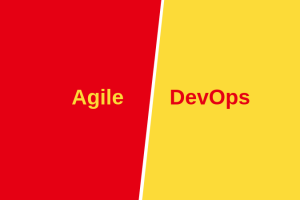
What are the Best DevOps Tools?
Here is a list of tools that help DevOps engineer to perform various tasks. These tools assist in performing numerous tasks including developing, testing, and releasing software.
1. Nagios (& Icinga)
Nagios is a veteran monitoring solution which is highly efficient and effective because of the large community of contributors who develop plugins for the application.
Icinga creator’s targets to take Nagois to the next level with additional features and a modern user experience. There is a debate within the open source community about the advantages of Nagios and its Icinga, however, for now it is one of the best tools available tools for monitoring applications.
2. Monit
Monit role is to make sure that any given process on a machine is working fine and running appropriately. For an example, if any failure happens in Apache, Monit will assist to reinstate the Apache process. Monit is very easy to setup and configure and is particularly useful for multi-service architecture.
3. ELK – Elasticsearch, Logstash, Kibana – via Logz.io
ELK Stack is the most common log analytics solution in the modern IT world. ELK Stack collects logs from all services, networks, applications, servers, tools, and more in an environment into a single, centralized location for analysis and processing. ELK is used to monitor services, troubleshoot problems, and decrease the time it takes to resolve operational issues.
Another usage for this tool is for security and auditing such as to monitor changes in security groups and changes in permissions.
4. Consul.io
The Consul.io uses the latest technology in providing internal DNS names for services. It acts as a kind of broker to assists you sign and register names, allowing you to access service names in place of specific machines.
5. Jenkins
Jenkins is easy to start and use. It has an outstanding ecosystem of add-ons and plugins. Jenkins is also optimized for easy customization. It’s a great tool, however there are some issues regarding scaling and performance.
6. Docker
Docker eases configuration management, control issues, and scaling by allowing containers to be moved from one place to another.
Some of other applications that facilitate in performing DevOps tasks such as Ansible, Collectd/Collectl, and Git (GitHub).



